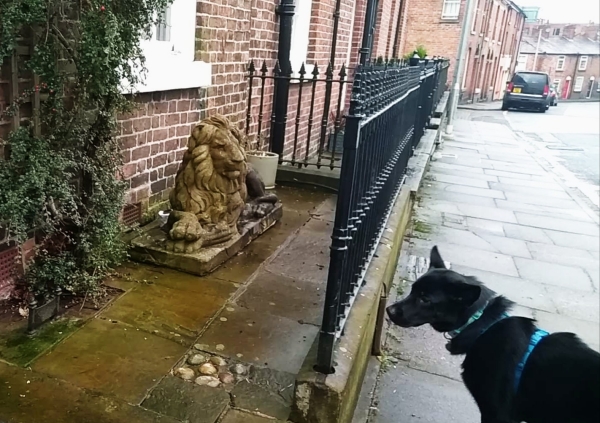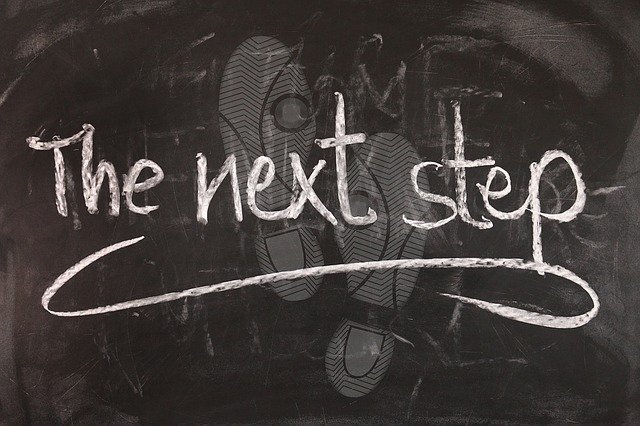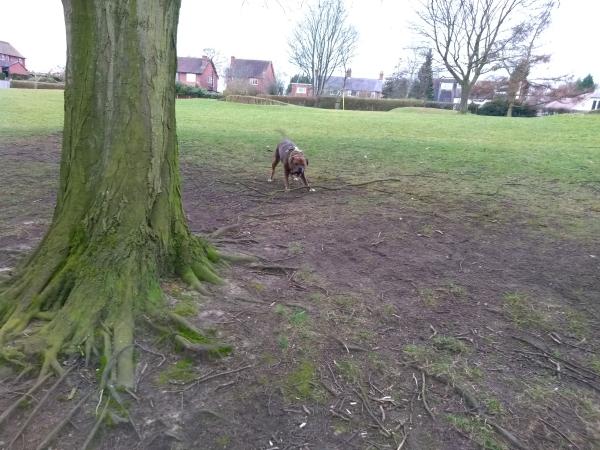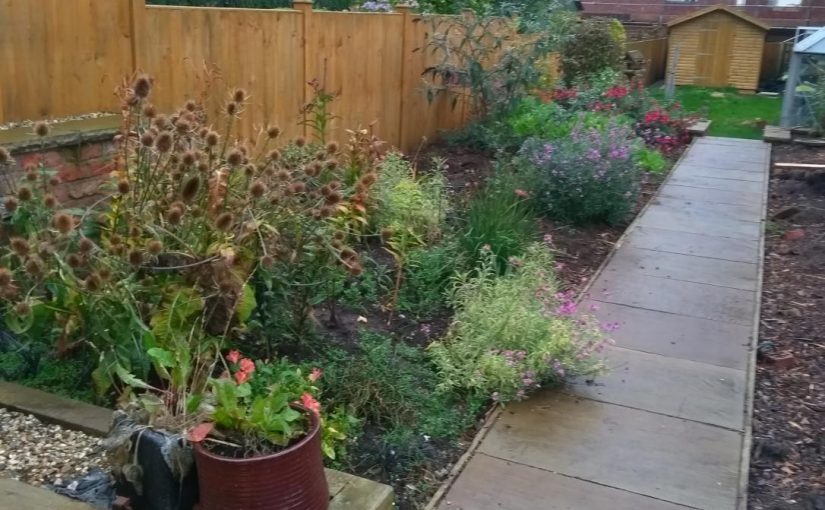We’re all looking for ways to get the most out of life. We work hard in our jobs to achieve different goals at different stages of our lives. Sometimes these goals are just for ourselves and sometimes our goals affect our families, our friends, staff, suppliers and colleagues.
Do you have a goal to earn a high salary? To take exotic holidays three times a year? To raise your children, pay off the mortgage, or perhaps you’d like a sports car or a yacht? These are all achievable goals as long as you put the right steps in place and the right actions in motion.
We all have the same twenty-four hours in the day, so how can it be that some people seem to have more time than you do? Why are they earning more, doing more, going on holiday more and achieving more?
The answer perhaps lies in how effective you are at prioritising your tasks and managing your time. If you find time is running away and you don’t have the time or the energy to do the things you want to do, then now is a good opportunity to look closely at the tasks you’re doing and see how they align with your goals.

Do you have a To Do List?
Writing things down is a great way to organise your tasks. It gives you a sense of purpose and by writing down the tasks you want to achieve in a list, it will help you to achieve them. Assigning a number to each task can also help if you need to decide which client to call first, or if you have accounts and administration tasks to complete by a certain date or deadline.
Remember, To Do Lists can be used in your personal life too. You might want to list house chores like hoovering, dusting, washing and food shopping. These are all tasks which take up time. You might want to list family activities such as walking the dog, playing sport, after-school activities and the times when you are seeing friends.
Prioritise Your Tasks
To Do Lists work best when you list items in priority order. They work even better when you assign a timeframe for each task, perhaps a task will take 10 minutes, or maybe it will take 2 hours. Knowing how long a task will take will help you work out how much you can do before lunch, before school pick-up time, or before any evening activities.
You can pick and choose items on your list but try to do the difficult tasks first to get them out of the way. If there is a monster task you’ve been putting off, think about how you can achieve it, or delegate it. If it is important or urgent, try and put these tasks at the top of your list.
There’s no problem having multiple lists and it can be helpful to have lists for daily tasks, weekly tasks and monthly tasks.
Electronic or Paper
Your list can be written electronically or in pen and paper, as long as you check it regularly and achieve items as they become due.
An electronic list can be helpful if you have repetitive tasks as you can type the task once and set a schedule for it to appear on list at regular intervals. A bonus with an electronic list is the ability to set an audible alarm to activate when the task should be started.
A paper list might seem old-school but the act of writing the words in pen or pencil can stick better in your mind. It’s up to you. The important part is to make a note of the tasks you need to complete and to know when each task needs to be done.
Know When to Outsource
There may come a time when you need to outsource some of your tasks. This can be a great way to achieve more tasks in less time. You can delegate house chores within your family, or an alternative is to employ someone to help with childcare or cleaning. At work, if there comes a point when you need staff, or more staff, having your tasks written down in a list will make it much easier to see where your time is going and where you may need some help.
Helping business owners manage their time and identify their tasks is an area I can offer advice and support. With a telephone call or face to face meeting I can chat with you about your tasks and goals and make recommendations.















